All Trenton Addiction Treatment Centers
-
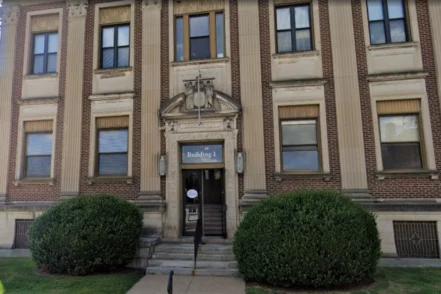
Catholic Charities Diocese of Trenton
39 North Clinton Avenue
Trenton, New Jersey 08609Treatment Programs
- Alcohol Rehab
- Dual Diagnosis
- Opioid Addiction
- +5
Insurance
- Medicaid
- Private insurance
- +3
-
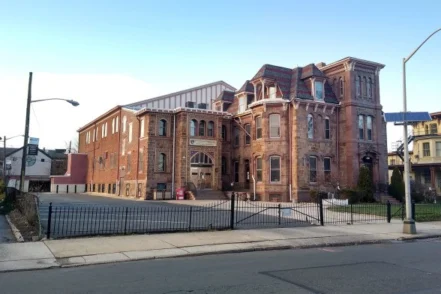
Partners in Recovery Project Free
10Southard Street
Trenton, New Jersey 08609Treatment Programs
- Alcohol Rehab
- Dual Diagnosis
- Opioid Addiction
- +4
Insurance
- Medicaid
- Self-pay options
- +3
-
Another Door Opens Recovery Center Trenton
364 South Broad Street
Trenton, New Jersey 08611Treatment Programs
- Alcohol Rehab
- Dual Diagnosis
- Opioid Addiction
- +5
Insurance
- Private insurance
- Self-pay options
- +3
-
Behavioral Healthcare Adolescent Day Services
1320 New Willow Street
Trenton, New Jersey 08638Treatment Programs
- Dual Diagnosis
- Young Adult Rehab
Insurance
- Medicaid
- Private insurance
- +3
-
Family Guidance Center Childrens Treatment
1925 Pennington Road
Trenton, New Jersey 08618Treatment Programs
- Dual Diagnosis
- Young Adult Rehab
Insurance
- Medicaid
- Private insurance
- +2
-
Greater Trenton Step Program
314-316 East State Street
Trenton, New Jersey 08607Treatment Programs
- Alcohol Rehab
- Opioid Addiction
- Drug Rehab
- +4
-
Trenton Healthcare Clinic
801 New York Avenue
Trenton, New Jersey 08638Treatment Programs
- Dual Diagnosis
- Opioid Addiction
- Adult Program
- +2
Insurance
- Self-pay options
- Medicaid
-
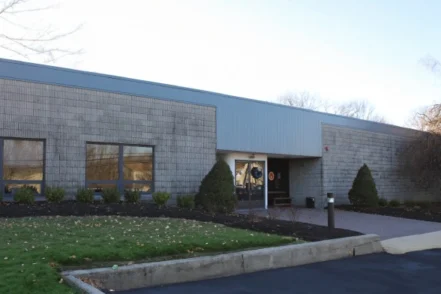
Phoenix Behavioral Health Ewing
1014 Whitehead Road Extension
Ewing, New Jersey 08638Treatment Programs
- Drug Rehab
-
Oaks Integrated Care Lawrenceville
2550 Brunswick Pike
Lawrenceville, New Jersey 08648Treatment Programs
- Alcohol Rehab
- Dual Diagnosis
- Opioid Addiction
- +6
Insurance
- Medicaid
- Private insurance
- +4
-
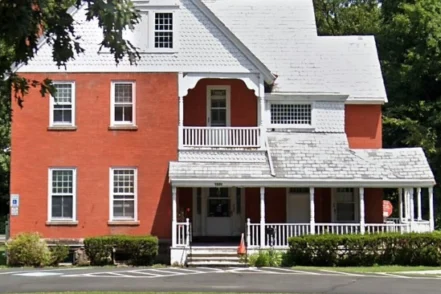
Signs of Sobriety
100 Scotch Road
Ewing, New Jersey 08628Treatment Programs
- Alcohol Rehab
- Drug Rehab
- Young Adult Rehab
- +4
-
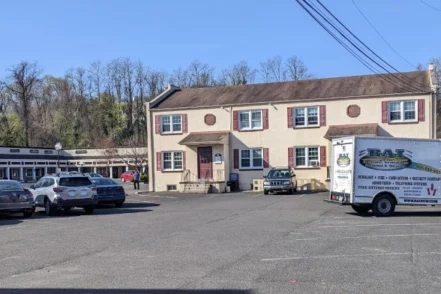
Hashemi Healthcare
19 S Main St
Yardley, Pennsylvania 19067Treatment Programs
- Dual Diagnosis
- Opioid Addiction
- Adult Program
- +2
Insurance
- Private insurance
- Self-pay options
-
Liberation Way Yardley
90 W Afton Avenue, Suite 101
Yardley, Pennsylvania 19067Treatment Programs
- Alcohol Rehab
- Dual Diagnosis
- Opioid Addiction
- +5
Insurance
- Self-pay options
- Private insurance
-
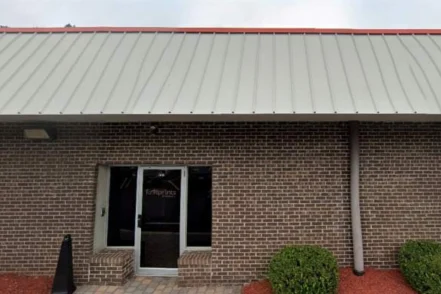
Footprints to Recovery New Jersey
3535 Quakerbridge Road, Suite 300
Hamilton Township, New Jersey 08619Treatment Programs
- Alcohol Rehab
- Dual Diagnosis
- Opioid Addiction
- +7
Insurance
- Private insurance
- Self-pay options
- +1
-
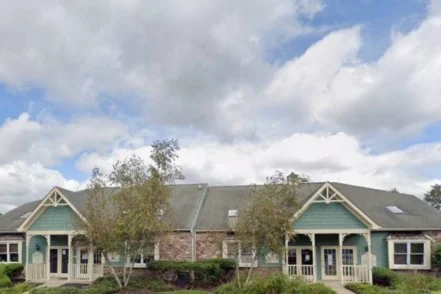
Kolmac Outpatient Recovery Centers Morrisville
301 Oxford Valley Rd 1402
Morrisville, Pennsylvania 19067Treatment Programs
- Alcohol Rehab
- Drug Rehab
- Adult Program
- +2
Insurance
- Private insurance
- Self-pay options
-
Aldie Counseling Center Langhorne
2291 Cabot Boulevard West
Langhorne, Pennsylvania 19047Treatment Programs
- Alcohol Rehab
- Opioid Addiction
- Drug Rehab
- +4
Insurance
- Medicaid
- Private insurance
- +3
Other Nearby Cities
Top Drug Rehab Centers in New Jersey
-
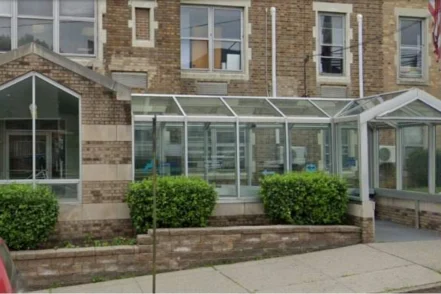 New Jersey
New JerseyEndeavor House North
206 Bergen Avenue, Suite 102 Kearny, New Jersey 07032
Treatment Programs
- Alcohol Rehab
- Dual Diagnosis
- Opioid Addiction
- +5
-
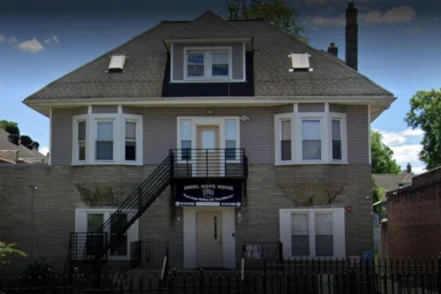 New Jersey
New JerseyAngel Hope House
800 Clinton Avenue Newark, New Jersey 07102
Treatment Programs
- Alcohol Rehab
- Dual Diagnosis
- Opioid Addiction
- +6
-
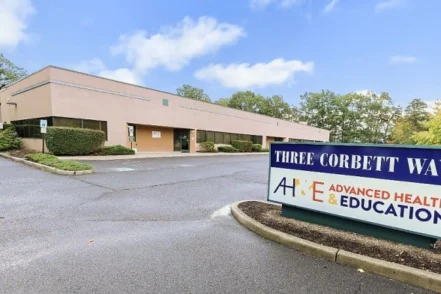 New Jersey
New JerseyAdvanced Health and Education
3 Corbett Way Eatontown, New Jersey 07724
Treatment Programs
- Alcohol Rehab
- Dual Diagnosis
- Opioid Addiction
- +5
-
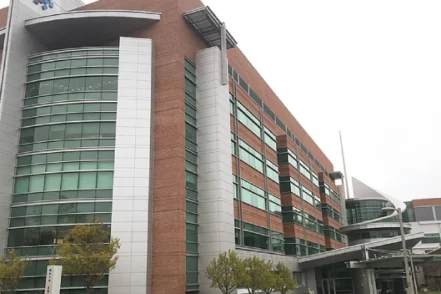 New Jersey
New JerseyJersey Shore University Medical Center Neptune
1945 State Route 33 Neptune, New Jersey 07753
Treatment Programs
- Alcohol Rehab
- Dual Diagnosis
- Opioid Addiction
- +4
-
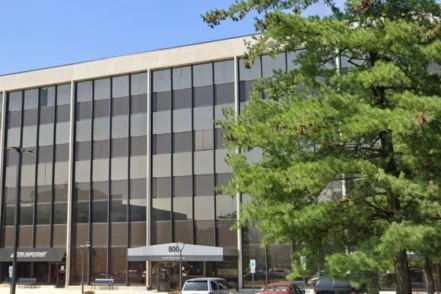 New Jersey
New JerseyLegacy Healing Center New Jersey
800 Kings Hwy N, Suite 100 Cherry Hill, New Jersey 08034
Treatment Programs
- Alcohol Rehab
- Dual Diagnosis
- Drug Rehab
- +3
-
 New Jersey
New JerseySOBA New Jersey
104 Bayard Street New Brunswick, New Jersey 08901
Treatment Programs
- Alcoholism
- Opioid Addiction
- Drug Addiction
- +3
-
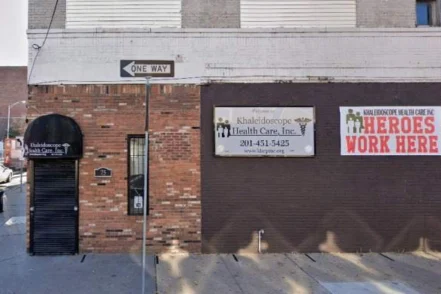 New Jersey
New JerseyKhaleidoscope Healthcare
75 Harrison Avenue Jersey City, New Jersey 07304
Treatment Programs
- Alcohol Rehab
- Dual Diagnosis
- Opioid Addiction
- +5
-
 New Jersey
New JerseyRecovery Centers of America at Voorhees
526 S Burnt Mill Road Voorhees, New Jersey 08043
Treatment Programs
- Alcohol Rehab
- Drug Rehab
- Adult Program
- +2
-
 New Jersey
New JerseyAbsolute Awakenings Treatment Center
3000 NJ-10 Morris Plains, NJ 07950
Treatment Programs
- Drug Rehab
- +-2
-
 New Jersey
New JerseySpectrum Healthcare
74-80 Pacific Avenue Jersey City, New Jersey 07304
Treatment Programs
- Alcohol Rehab
- Dual Diagnosis
- Opioid Addiction
- +5
-
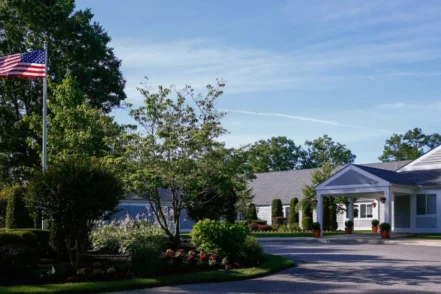 New Jersey
New JerseyRecovery Centers of America at Lighthouse
5034 Atlantic Avenue Mays Landing, New Jersey 08330
Treatment Programs
- Alcohol Rehab
- Dual Diagnosis
- Opioid Addiction
- +5
-
 New Jersey
New JerseyFootprints to Recovery New Jersey
3535 Quakerbridge Road, Suite 300 Hamilton Township, New Jersey 08619
Treatment Programs
- Alcohol Rehab
- Dual Diagnosis
- Opioid Addiction
- +7
-
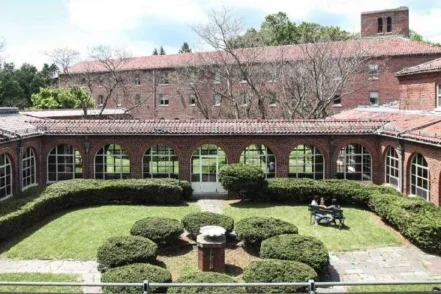 New Jersey
New JerseySunrise House Lafayette
37 Sunset Inn Road Lafayette, New Jersey 07848
Treatment Programs
- Alcohol Rehab
- Dual Diagnosis
- Opioid Addiction
- +5
